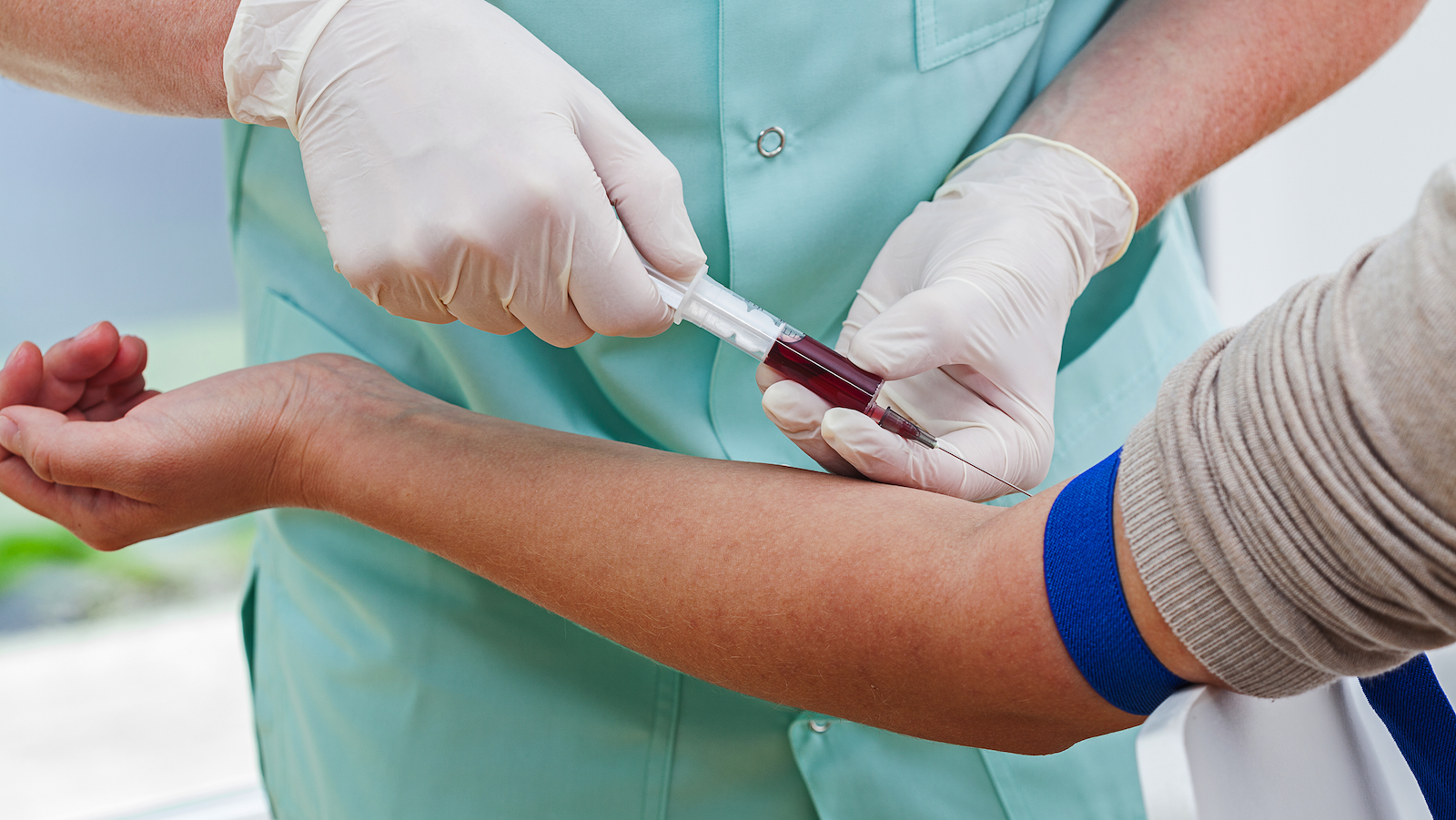Researchers discover a blood test for suicide risk
A single human gene seems to indicate whether a patient has an elevated risk for suicide
Shutterstock
Share

Diagnosing a patient’s risk for suicide is notoriously tricky, and subjective. “Current methods involve asking someone, ‘Are you suicidal?’ ” says Zachary Kaminsky, assistant professor of psychiatry and behavioural sciences at Johns Hopkins University School of Medicine in Baltimore. “Some people won’t answer truthfully,” and doctors might miss other cues. In the future, it could come down to a simple blood test. Kaminsky and his colleagues have pinpointed a change in one human gene that seems to indicate an elevated risk for suicide.
Kaminsky, who was formerly based at the University of Toronto, studies epigenetics, “or how the environment and, in this case, stress, changes your genes,” he explains, “and that’s what we found.” In the new study, published in the American Journal of Psychiatry, he and his team landed on a single gene: SKA2, which is expressed in the prefrontal cortex (the part of the brain involved in impulse control and emotion regulation), and plays an important role in how the brain responds to stress hormones. In the first part of the study, they looked at brain samples from mentally ill and healthy people. In those who died by suicide, they saw levels of SKA2 were much lower. Not only that, some subjects had an epigenetic change to the way SKA2 functioned, adding chemicals called methyl groups to the gene. In those who died by suicide, higher levels of methylation were seen.
To further test this, Kaminsky’s team then took blood samples from a group of participants, and found similar methylation increases at SKA2 among those with suicidal thoughts or attempts. Using blood test results, they were able to predict which participants had experienced suicidal thoughts, or had attempted suicide, with 80 per cent accuracy. Among those with more severe risk, the accuracy was even higher, at 90 per cent.
The Johns Hopkins team isn’t the first to look at creating a blood test for suicide risk. Another group, led by Dr. Alexander Niculescu at Indiana University school of medicine, has been tracking blood biomarkers for suicide risk and other conditions. Kaminsky acknowledges that such a blood test might create concern among patients who test positive. “Our finding isn’t 100 per cent deterministic,” he emphasizes. “It represents a vulnerability [to stress]. It means their risk is higher.” There are still lots of questions, including whether the genetic marker changes over time. And it’s impossible to say when such a blood test could actually be used in the clinic, if at all.
Kaminsky has more studies planned, including one of U.S. soldiers, a group that seems to be at heightened risk for suicide. If a blood test does become available, “it could really help facilitate suicide screening in the psychiatric emergency room,” he says. Ultimately, the research could save lives.